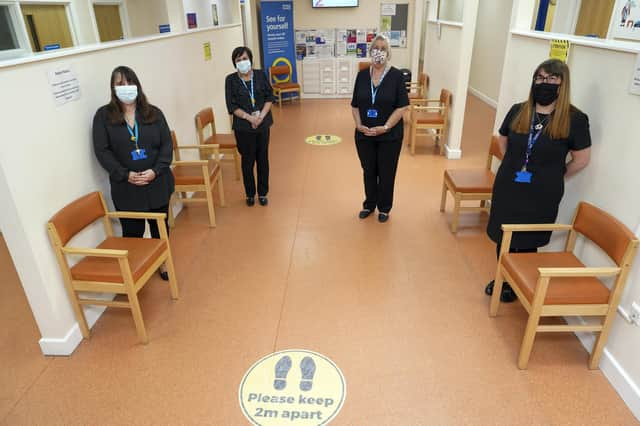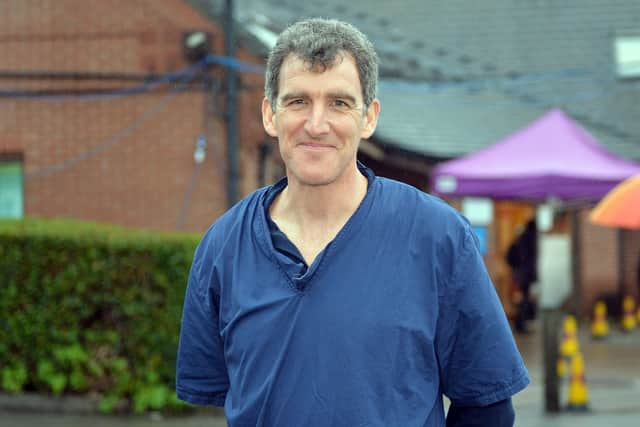On the Front Line: "If we are going to rescue General Practice in Sheffield - we have to do it ourselves"


I think it is sad that money is heralded as the solution, as though health is an issue that you just need to throw money at, another commodity to buy or sell. £250million works out at £4/patient, comes with so many strings that it’s not helpful at all, and probably worse of all seems to allow the government to now demand even more.
The major flaw is the money is meant to buy in more staff. But there isn’t anyone who wants to, or is able to do the work, be they doctors, nurses, pharmacists or other assisting roles. General practice is complicated, stressful and busy. Many who love the role now find it too overwhelming to do full time, and manage by mixing it with other less emotionally draining work. Others are burnout, and have retired early, or changed jobs.
Advertisement
Hide AdAdvertisement
Hide AdSo if we are going to rescue general practice we’re going to have to do it ourselves. I think that means all of us. The pool of health knowledge and expertise that sits in our communities and patient bodies is emmense. I think it is time to mobilise that asset. There are people who have successfully learnt how to manage their medical conditions, people who understand the fear and uncertainty of living with longterm conditions, people who are willing to offer compassion and hope. The official term for this is Peer Support. It is a huge resource, way more valuable than any financial package, and its amongst us all already. Covid has showed us the willingness of people to volunteer and contribute to something they value.


It does require a careful approach if it is to be used well. However, with some basic planning I think peer support can be safely and effectively mobilised. Some patients in our practice have already helped design a peer support training program. They even delivered it themselves virtually during lockdown, its doable. One ex lorry driver has journeyed from patient, to peer supporter, to local health leader. He is now organising a conference next month with the local Diabetes UK group to educate people at scale. His experiences combined with expert insights will build capability and confidence in others like him.
This is where I’d put my time and energy. I think it restores relationships and trust. It helps the professionals to make the most of the time they have and feels good to all involved. I believe rescue comes from within, no political package can buy that, it’s priceless.